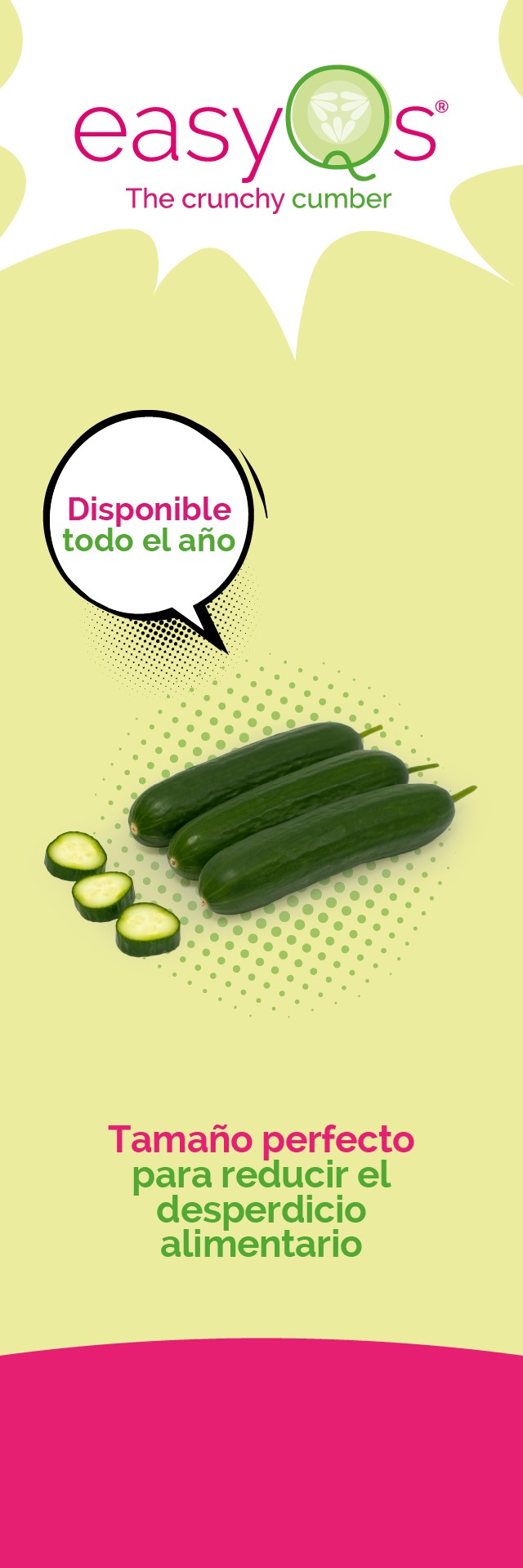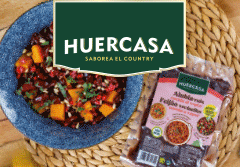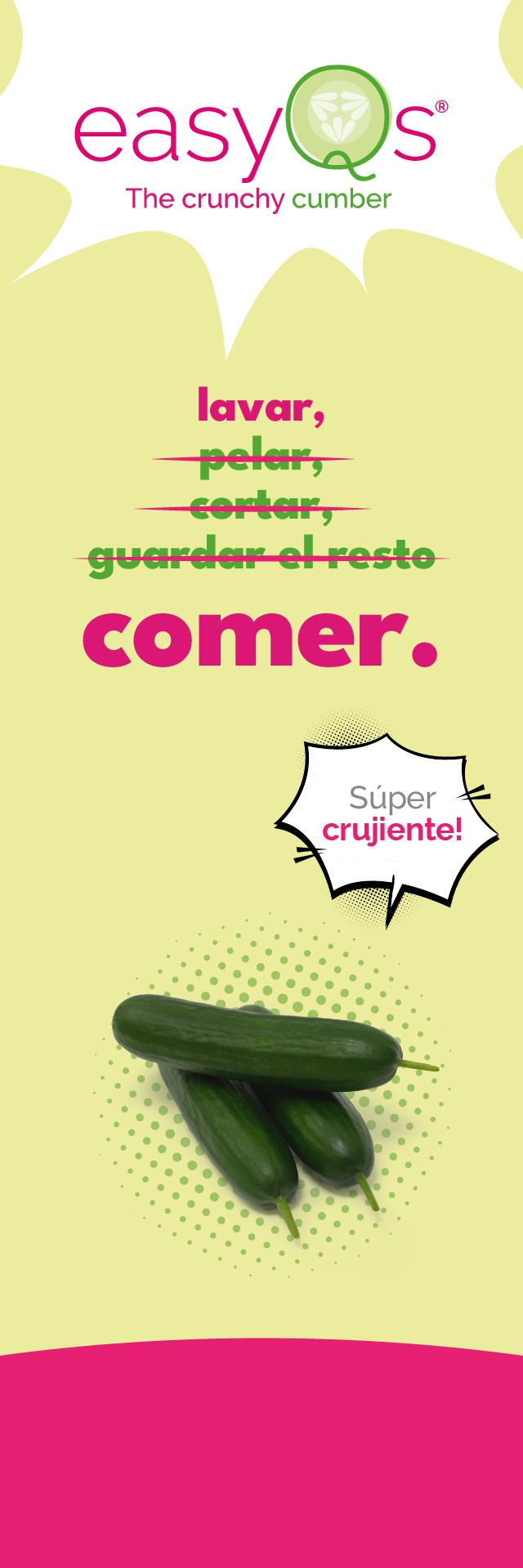The Spanish tropical fruit production has dropped significantly this year for both avocados and mangos. The cherimoya harvest has also declined.
The volume of avocados from the Spanish Costa Tropical for the current season will reach around 30,000 tonnes, a figure that is way below the region’s production potential, which could rise to 80,000 tonnes.
There are two main reasons behind this lack of productivity: weather conditions and water. Regarding the former, there was a very unusual, lengthy heat wave and the cold weather has not arrived when it should. This dislocation of the seasons has had an important effect on the development of the trees.
Water is one of the incidental topics for tropical production. To date, irrigation is being carried out using water from the wells which, due to the lack of rainfall, are becoming more and more saline. Farmers have had to take turns to use the water and the scarcity or complete lack of rainfall this autumn has meant that the avocado production has dropped by almost 50%, when the normal supply could reach up to 80,000 tonnes.
Added to this is Spain’s low productivity, which is developed on land plots of less than 5 hectares, and which, although the sector already has professional experts and the latest technology, has yet to reach its maximum productivity.
Although the mango campaign has had high quality fruit, this has also been very scarce and once again, it has not reached even 50% of its potential. Compared to the 16,000 tonnes from 2014, the season closed with a production of around 8,000.
Furthermore, the high price of the produce has not allowed new consumers to be found, an aspect that is causing concern regarding the development of the next campaign.
However, according to some opinions from the sector’s marketing companies, “everything is pointing towards the fact that this production deficit will be compensated by larger imported volumes from Peru, Chile, Israel or Mexico”.
Cherimoya farming, the only produce that is almost exclusively sold on the Spanish market, with a production volume of around 50,000 tonnes, has also been reduced.
Enrique Colilles, manager of Trops, the largest cooperative in the region, explains that tropical crops are profitable for farmers and if there was enough water, the region could generate thousands of new jobs. “In addition to this, commercially-speaking, our produce has an extraordinary valuation in Europe, and it can be sold with prices that are 20% higher than fruit from other sources. We have this extra point due to the proximity, flavour and the quality of our produce.”





















